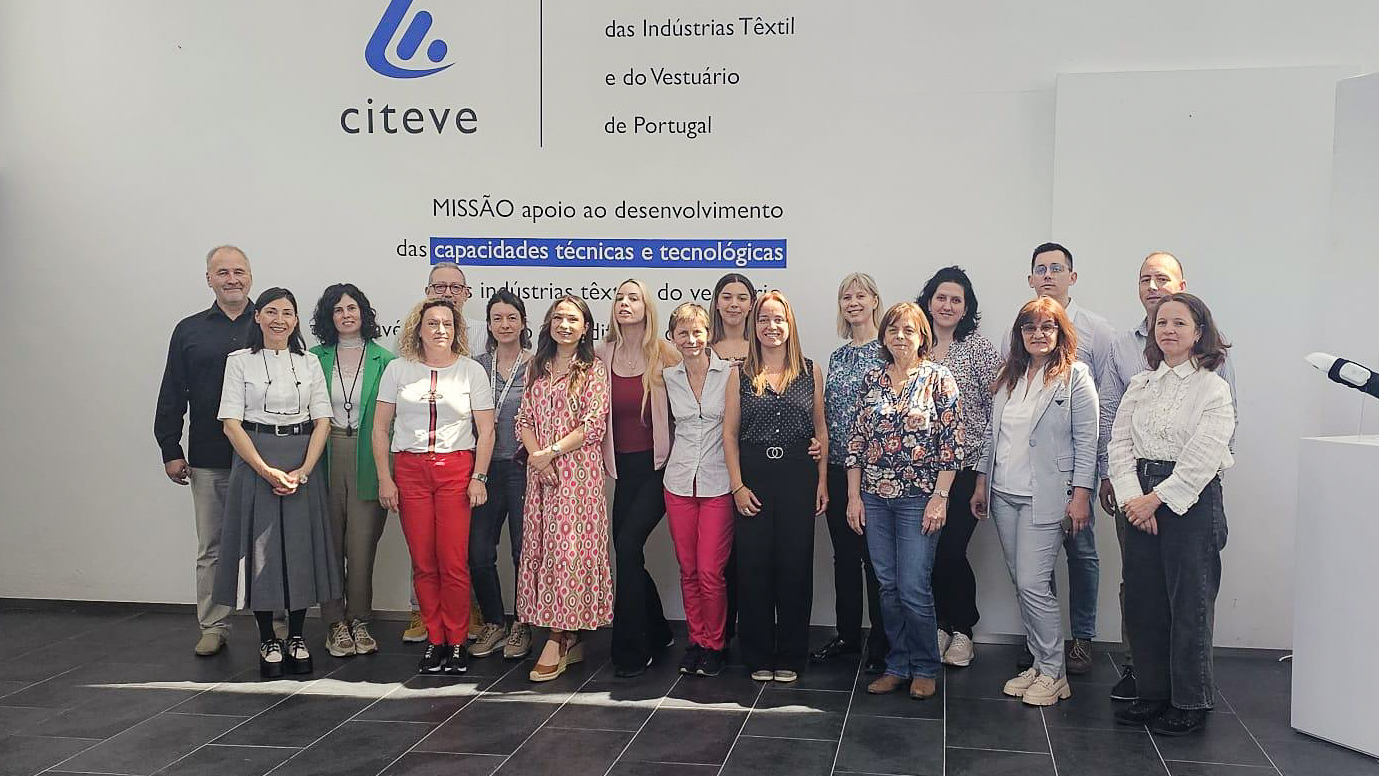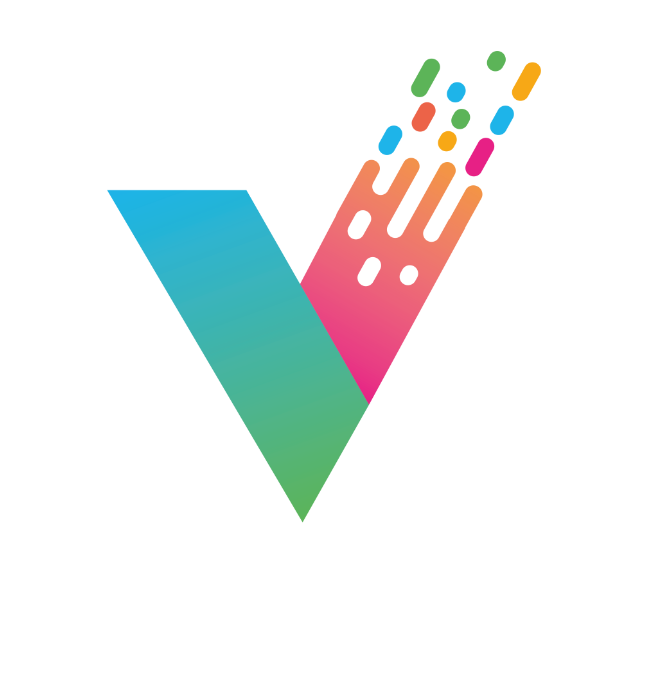
First partner meeting in Portugal
The first face-to-face technical meeting for the VETRINE project was organised on the premises of CITEVE, the leading technical center in Portugal. It gathered nearly all partners of the Consortium for a full day and a half of meetings, with some attendees online. It is always a nice surprise to meet people in person after online sessions, allowing for deeper understanding of each other.
Naturally, CITEVE is worth a visit. Their labs, their technology and sustainability projects, and their proximity with the industry notably through the ATP Association, were greatly appreciated, together with the well-known reputation of Portuguese hospitality and food.
After a first ice-breaking session, the meetings primarily focused on the progress being made in the “work packages” that are active in this first phase of the project: the VETRINE study, the Capacity Building Program and Dissemination and Sustainability.
We had very interesting conversations around the upcoming VETRINE study (which will be published on this website in the next few days!). We found that VET learners asked to be trained in a range of specialized new skills related to “sustainability”, a very broad concept that refers certainly to fair, durable and environmentally friendly pillars. On their side, the VET and HEI institutions expressed their will to propose up-to-date curricula. Altogether, with the companies in the market, the final goal is to increase the appeal of the textile and clothing sector (T&C) sector to younger generations in order to speed up its transformation.
This goal will be contributed to through the Capacity Building Program output of this project will be based on the above Study, and will produce an online curriculum based on micro lessons, video tutorials, interactive quizzes etc. that will hold the interest and attention of a younger generation of students. Each country involved in the CBP will contribute learning materials on such varied themes as raw materials, innovative design, engineering, transparency and traceability, and entrepreneurship. Learning will end with practical training in local T&C SMEs, to allow for a hands-on, practice-based project that will benefit the enterprise and the learner. The project’s dissemination and sustainability elements will help raise awareness and engage stakeholders and fellow projects (especially other Erasmus Plus projects), both at the European and local levels.


